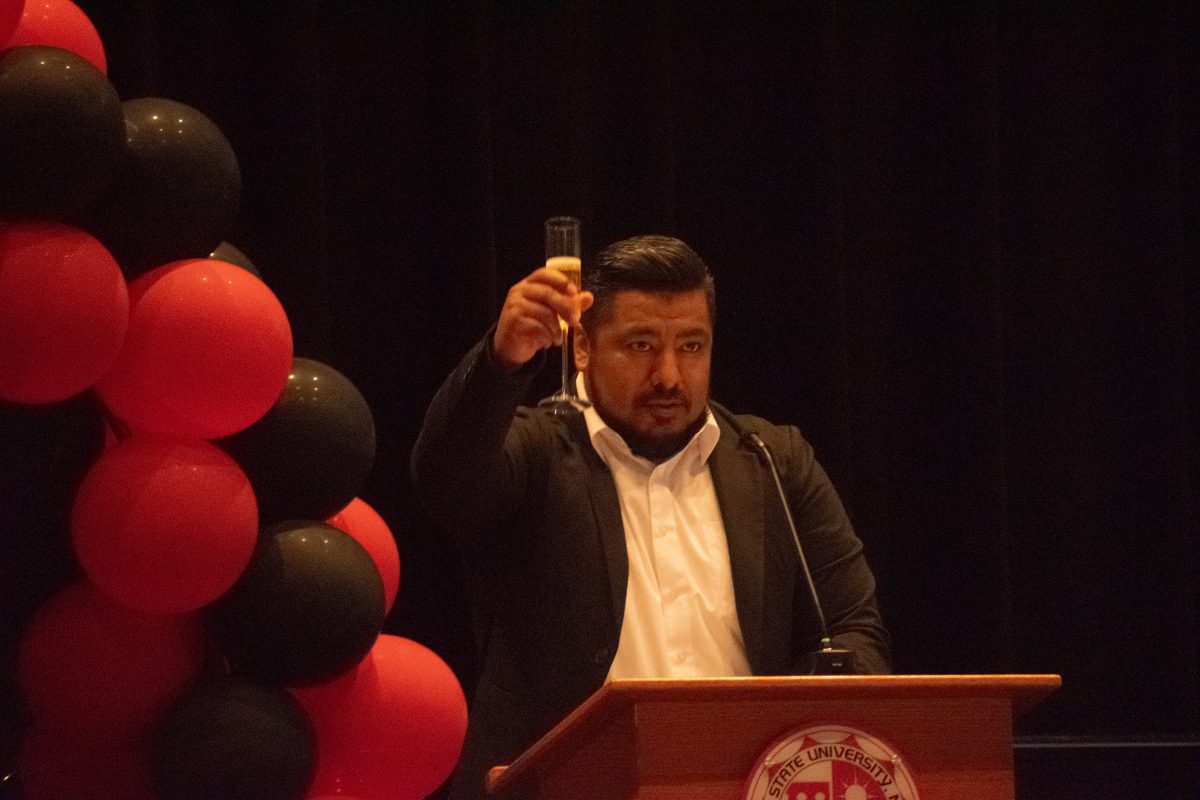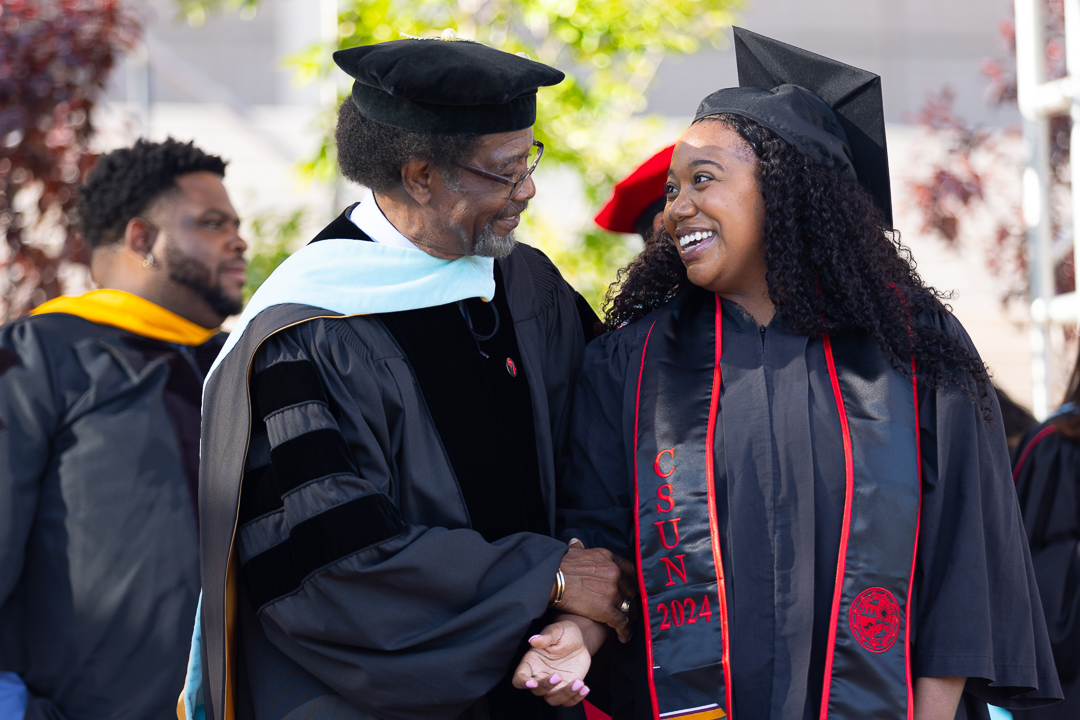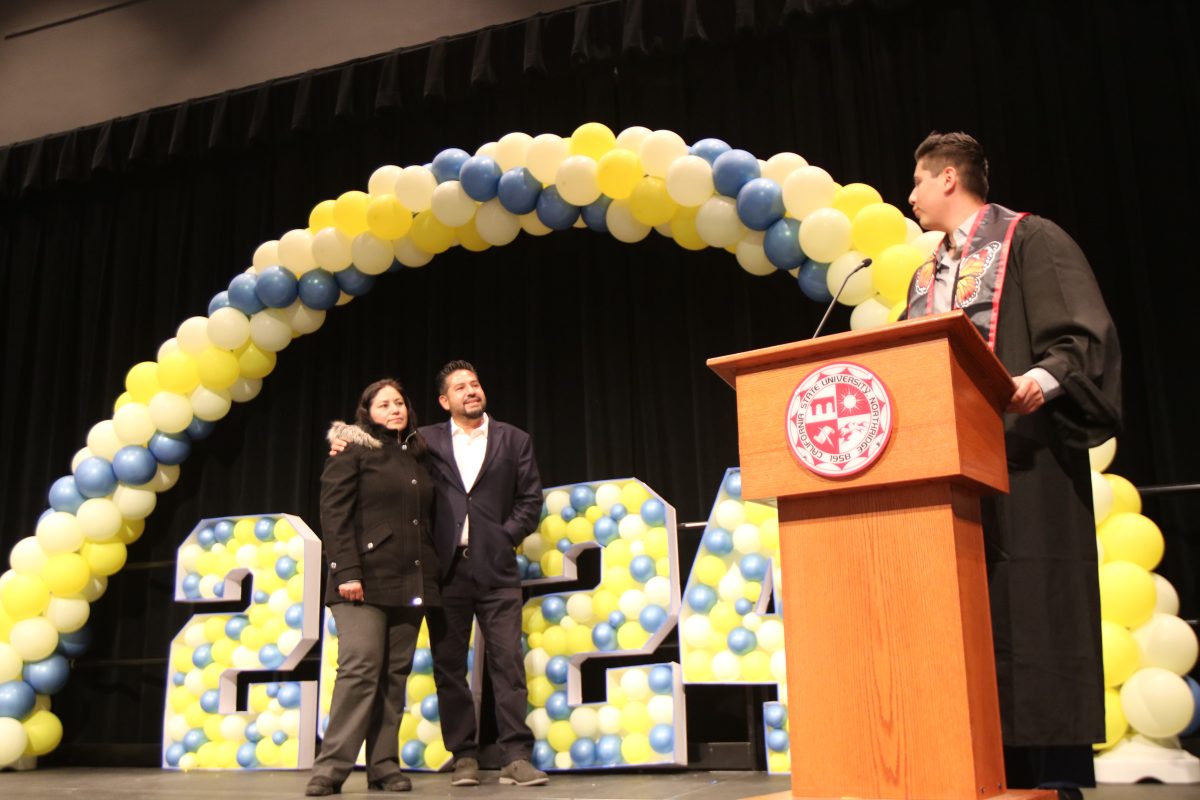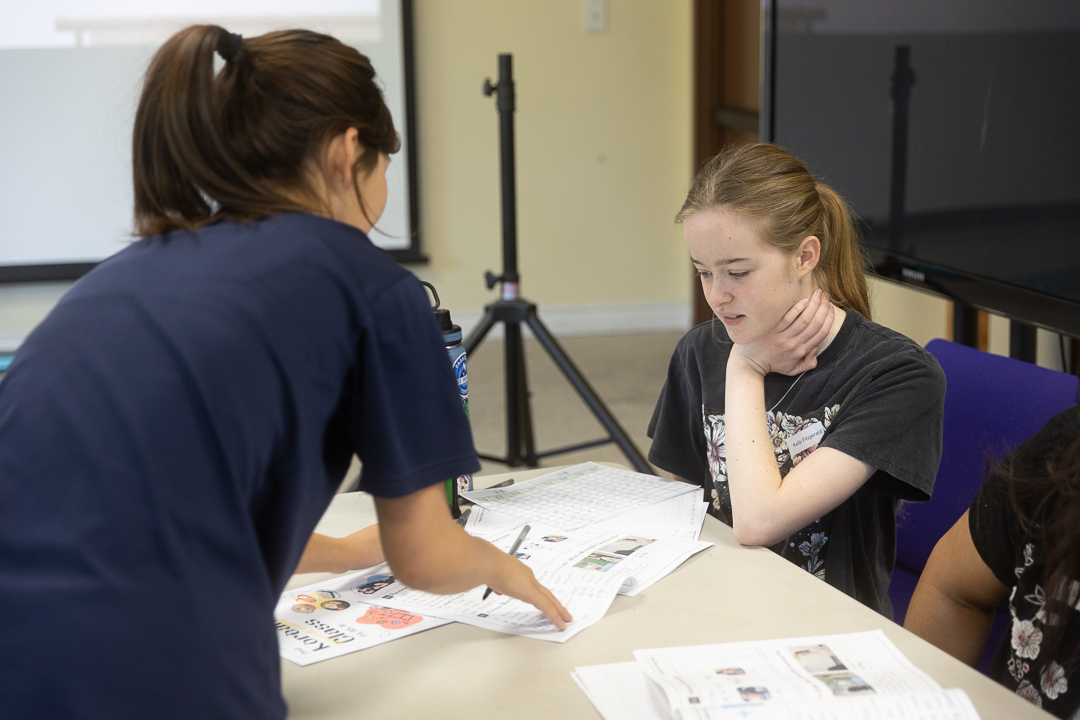
The media has done well in depicting Israel as a nation in constant conflict, according to journalist Donna Rosenthal, and the confusion expressed by a former student of hers about the country and its peoples, was enough to write a book.
Rosenthal spoke to CSUN students about her book “The Israelis” which details the complex cultural dynamic of Israel, inside Sierra Hall on Wednesday.
“I think it’s really dangerous, for any country, to talk about generalizations,” said Rosenthal. “How can you talk about any country if you don’t know who the people are?”
Rosenthal said that news organizations only cover the conflict and that reporters from all over the world are there for blood and ignore other aspects of the diverse nation.
“You have all these reporters from all over the world … all waiting for blood, and they are not doing (stories) on Intel or the latest computer chip.”
Rosenthal recounted a time when she saw a newscast depicting the death of two Israeli soldiers during the withdrawal from Gaza, and how reporters failed to detail that they were Muslim and fighting for their country.
“People don’t realize that Hebrew and Arabic are the national languages,” said Rosenthal.
In her book, Rosenthal details the various ethnic and cultural aspects of the nation, providing chapters on the Ethiopian and Russian Jews, the Mizrahim, the Ashkenazim, the Bedouin, the Druze, the Muslims and Christians of Israel.
During the 1990s when 20,000 Ethiopian Jews were flown into the country and Russian Jews were immigrating into Israel, there was a cultural clash between them as they were placed in hotels, said Rosenthal who was reporting on it at the time.
“To the (Russians) it was these primitive Ethiopians, and to the Ethiopians these are pork-eating Russians (and) half of them are married to non-Jews. It was a total culture shock,” said Rosenthal.
But as the generation matured, said Rosenthal, these children of different cultures begin to marry each other.
They found commonality in the Israeli military, which acts as a sort of as a medium for establishing and connecting the different cultures of the nation.
According to Rosenthal, the military acts as a sort of dating service and people begin to marry as they are introduced to each other.
“That’s where (the Ethiopian girl) gets to meet the white guy because they are in the same rifle course,” said Rosenthal.
One of the goals for the book, said Rosenthal, was to depict Israelis in their own voices and detail what they think about things like being in the army, and ask whether they were discriminated against because of the background of their parents.
“I tried to let Israelis speak and tried to let them smash stereotypes,” said Rosenthal.









